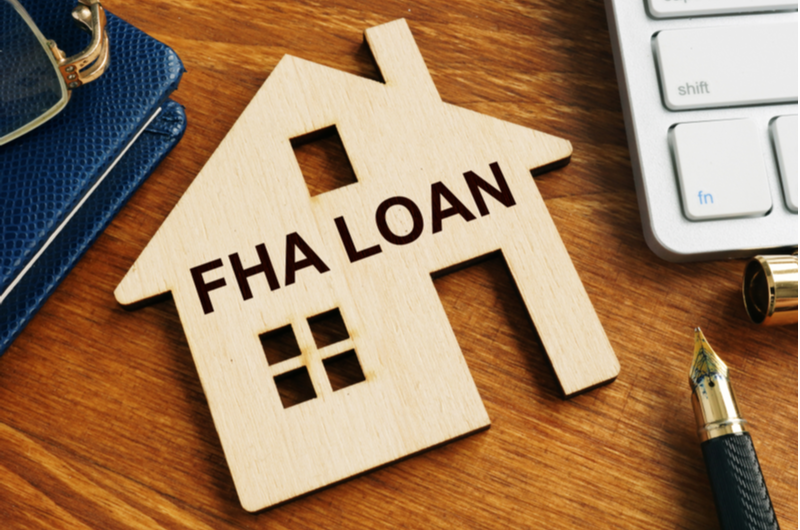Find out what an FHA loan is, how it works, and learn about the FHA loan limits. If an FHA home loan makes sense for you, see our list of the best online lenders for FHA loans.
FHA loans are a popular choice for first-time homebuyers and those with limited resources or less-than-perfect credit. FHA loans allow for a lower down payment—as little as 3.5% of the purchase price—and are easier to qualify for than conventional loans. FHA loans also have more flexible credit requirements than conventional loans.
You can qualify for an FHA loan with a credit score as low as 580. FHA loans also come with other benefits, such as lower mortgage rates, smaller down payments, and more flexible credit requirements. There are some disadvantages to FHA loans, as well, such as the fact that they require mortgage insurance and have higher closing costs than conventional loans. Overall, FHA loans are a good option for first-time homebuyers and those with limited resources or less-than-perfect credit. If you think an FHA loan might be right for you, contact a lender to get started.

How Do FHA Loans Work?
FHA loans are a popular choice for first-time home buyers and people with low credit scores. Unlike conventional loans, FHA loans are insured by the federal government. This insurance protects lenders from losses if borrowers default on their loans. As a result, FHA lenders are willing to approve loans for borrowers with lower credit scores and smaller down payments. FHA loans are available for both single-family homes and multi-family homes. To qualify for an FHA loan, borrowers must have a steady income and a good credit history. Borrowers must also be able to afford the monthly mortgage payments. FHA loans are a great option for people who might not otherwise be able to qualify for a conventional loan.
FHA Mortgage Insurance: Do You Need It?
FHA mortgage insurance is a mandatory insurance policy for all FHA loans. It is paid by the borrower, and it protects the lender in case the borrower defaults on the loan. FHA mortgage insurance is required for all FHA loans, regardless of the size of the down payment. The premium is typically paid at closing, and it can be financed into the loan. FHA mortgage insurance premiums are typically lower than private mortgage insurance premiums, but they are not always. FHA loans also have other benefits, such as a lower down payment requirement and flexible credit requirements. If you are considering an FHA loan, be sure to compare the costs of FHA mortgage insurance with the costs of private mortgage insurance to see which option is right for you.
Pros and Cons of FHA Loans
FHA loans are available to both first-time home buyers and repeat home buyers, and can be used to purchase either a single-family home or a multi-unit property up to four units.
-
Benefits: FHA loans are available to borrowers with less-than-perfect credit, and they require a lower down payment than conventional mortgages. In addition, FHA loans are assumable, which means that the loan can be transferred to a new buyer if you sell your home.
-
Drawbacks: FHA loans have several disadvantages. First, they require private mortgage insurance (PMI) for the life of the loan, which can add to your monthly payments. Second, FHA loans have limits on the amount you can borrow, based on the median income in your area. This means that in high-priced areas, you may not be able to get an FHA loan for your dream home. Finally, FHA loans are not available for investment properties or second homes.
If you're thinking of buying a home, an FHA loan might be a good option. But make sure you understand all the pros and cons before you apply.
How to Apply for an FHA Loan
In order to qualify for an FHA loan, borrowers must have a minimum credit score of 580 and a debt-to-income ratio of no more than 43%. Borrowers with a credit score of between 500 and 579 may still qualify for an FHA loan, but they will be required to make a 10% down payment. To apply for an FHA loan, borrowers must submit a completed loan application, as well as documentation of their employment, income, debts, and assets. Once the application is approved, borrowers will be required to pay for private mortgage insurance (PMI). The cost of PMI will depend on the size of the down payment made by the borrower. For more information on FHA loans and how to apply for one, interested parties can contact their local FHA office or speak to a housing counselor.